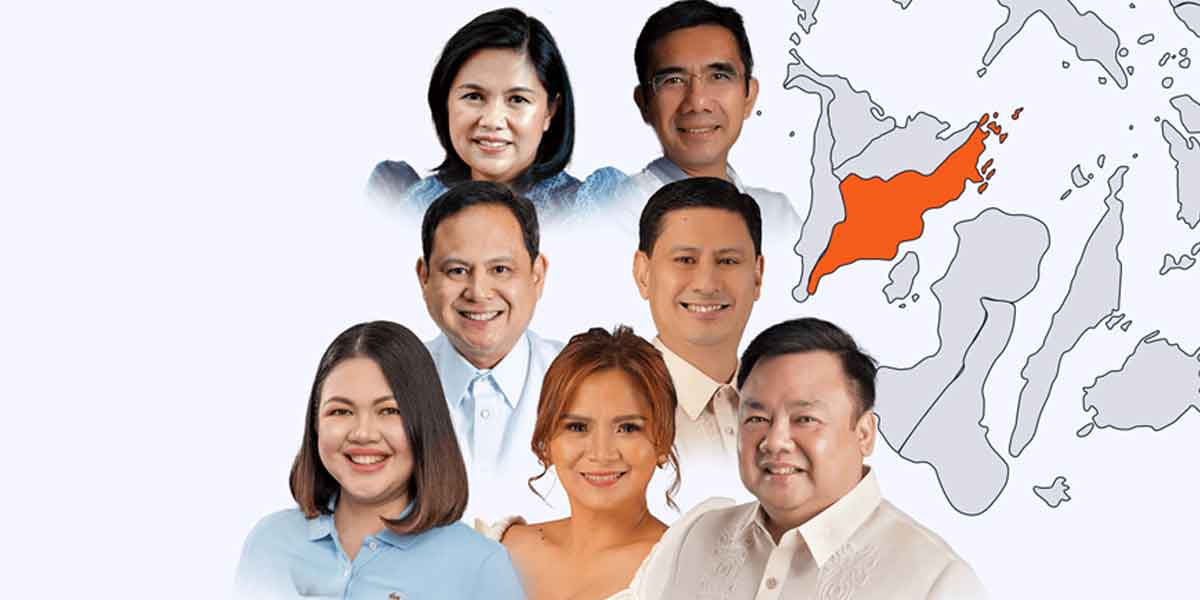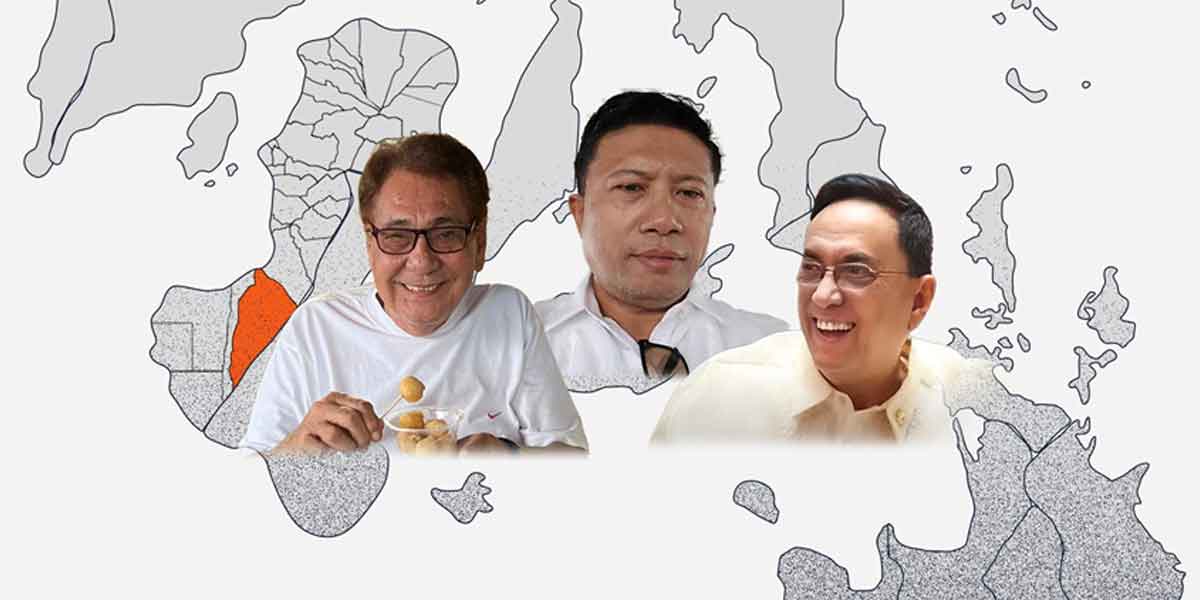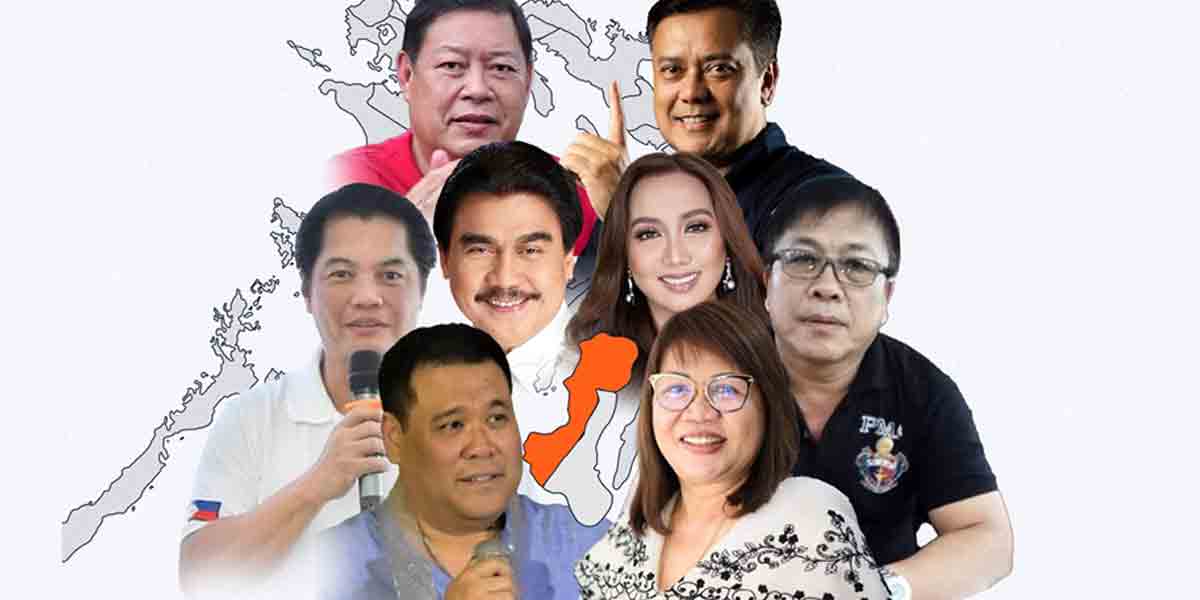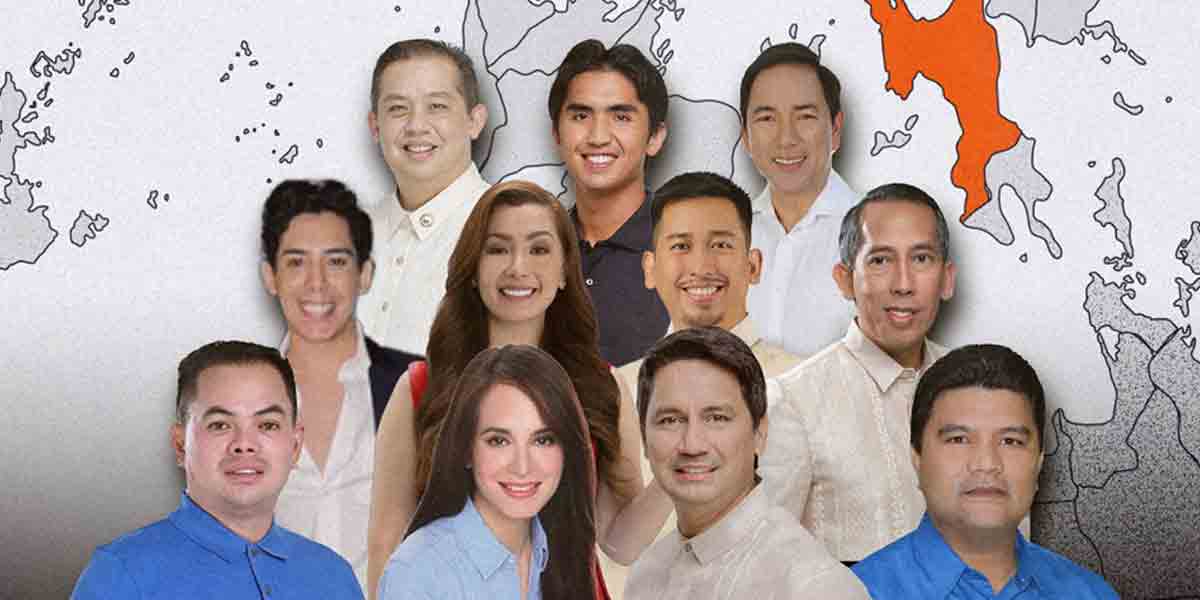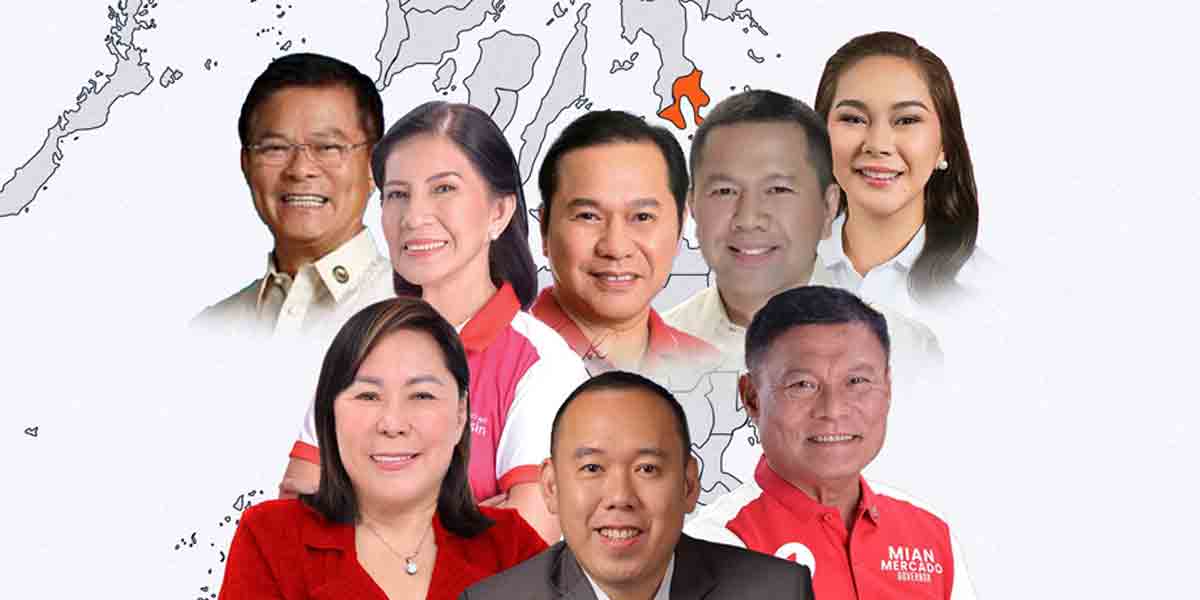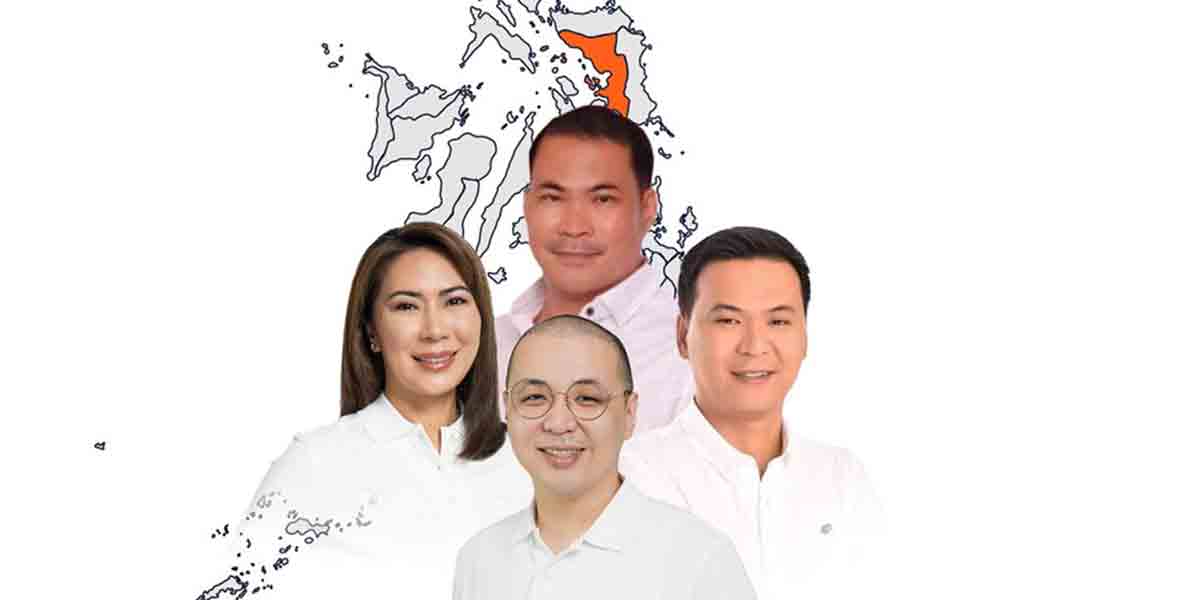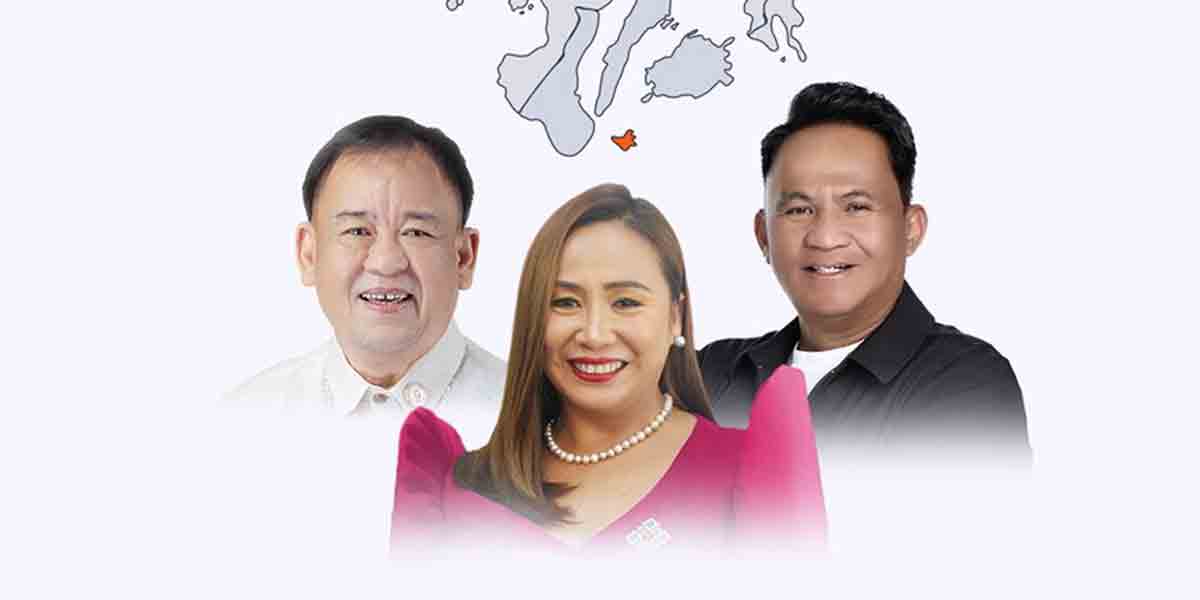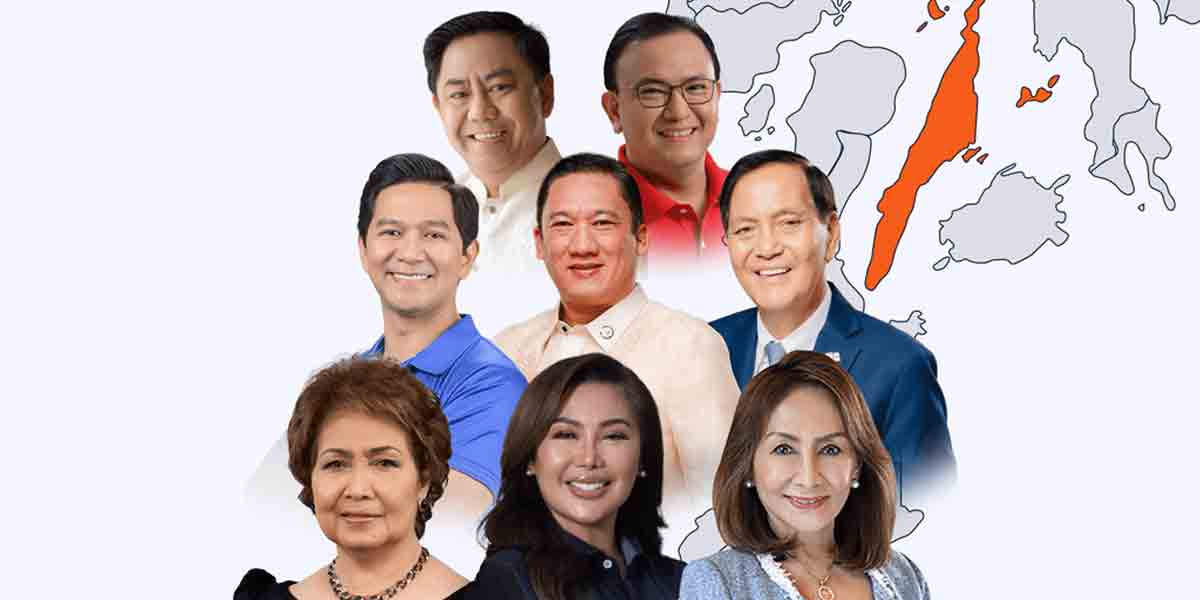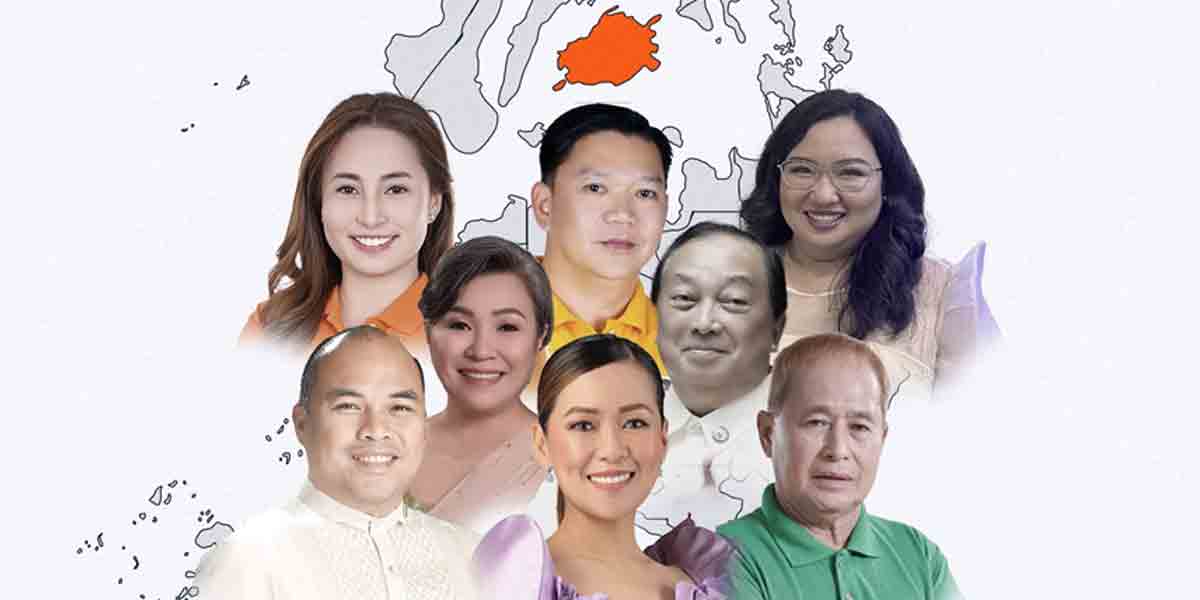By James Jimenez
Today, Philippine President Ferdinand “Bongbong” Marcos Jr. will be delivering his third State of the Nation Address (SONA). He is expected to present a comprehensive overview of the nation’s progress thus far, as well as an outline, at least, of what he plans for the country moving forward. Since this SONA marks the midpoint of his presidency, we can expect hot takes to be flying fast and furious all over legacy media and social media, both during the speech itself and for days after. Critics can hardly be expected to find anything laudable in what the President will have to say, while his fans will certainly be all praises.
As informed and objective voters, however – democracy observers will have to be careful. Our duty is not to fall into either of these two extremes, and instead to make the deliberate effort to transcend biases, listen with dispassionate neutrality, and then make impartial decisions about how we’re going to flex our sovereign muscles in the coming elections. It’s probably not going to be an easy task.
On the Economy
Objectively, President Marcos has not run the country into the ground, as predicted by his worst critics before his election, and by his political antagonists everyday since his victory. Instead, he has managed to keep something of an even keel, with the Philippine gross domestic product (GDP) posting a year-on-year growth of 5.7 percent in the first quarter of 2024. While this is on the low side, falling short in fact of the governments earlier predictions, it was reported that National Economic and Development Authority (NEDA) Secretary Arsenio Balisacan believed that the Philippines’ GDP growth rate stood in a good position regionally. Asian Development Bank Philippines country director Pavit Ramachandran, for his part, declared that the Philippines was “one of the frontrunners in the growth leaderboard in the region, anchored on strong macroeconomic and fiscal policy effectiveness.” For the 2024 SONA, President Marcos will probably lean on this and similar bullish sentiments, as he makes a pitch for his economic plans.
On Foreign Relations and Policy
In the areas of foreign relations and policy, President Marcos has notched impressive wins. His speeches before international bodies have been universally well-received; his policy directions in the West Philippine Sea enjoy much popular support, much to the apparent discomfiture of the former president, the former president’s partisans, and the anti-Filipino propagandists on social media. In particular, the military’s policy of transparency about events transpiring in the disputed oceans has come in for some criticism. According to some, the Philippines is playing the victim card, while playing willing stooge to the Pacific agendas of a western superpower – an accusation that seems to be undercut by the fact that President Marcos has so far emphasized a balanced approach: he maintains strong ties with traditional allies such as the United States, while fostering closer relations with neighboring Asian countries and exploring new partnerships, such as the newly signed Reciprocal Access Agreement (RAA)between the Philippines and Japan. In fact, the President will probably take advantage of the SONA to further strengthen the Philippines’ position by renewing his call for the Senate to ratify the RAA.
On Democracy and Elections
At the 2023 National Election Summit called by the Commission on Elections, President Marcos emphasizes the importance of national dialogue in election policy development. He particularly highlighted the necessity for reforms in the election process, urging decisive action. Taking his exhortations to heart apparently, the COMELEC has, since then, shown a streak of activism a mile wide, with innovations in the voter registration procedures, early campaigning rules, and aggressive action in combating vote buying and the proliferation of fake news.
Most importantly – well for me, anyway – the President also underscored the importance of voter education, even indicating that he would be open to integrating it into the K to 12, tertiary, and National Service Training Program curricula. This has always been the Holy Grail of voter educators – which I consider myself to be – and it is one of the things that we always hope will merit a mention in the SONA.
And of course, there will be those breathlessly waiting for some indication from the President on which way he leans on the question of election automation. During the summit, President Marcos actually already expressed confidence in modern technologies to enhance the reliability and accuracy of the election system, and a further SONA mention along these lines would, to my mind, put to rest any lingering fantasies of a return to manual elections.
Will they listen?
Amid the noise of competing calls from all sides of the political divide, not to mention the apparent rift in what was once touted as the united house of government, the SONA will be a much-needed sound check.
With the 2025 elections coming up fast, how the President reports on his administration’s efforts – whether he shows a willingness to admit shortcomings or simply glosses over the ugly bits; how the President addresses the criticisms leveled at his administration – whether he shows himself to be attuned to the voices of the people or simply tone-deaf; and how the President ultimately shares his plans for the future – whether he presents realistic plans or mere pie-in-the-sky dreams, will determine whether his calls for unity and collective effort will have the same magic that it did in 2022, or whether this time around, the song of unity he sings will be falling on deaf ears.

